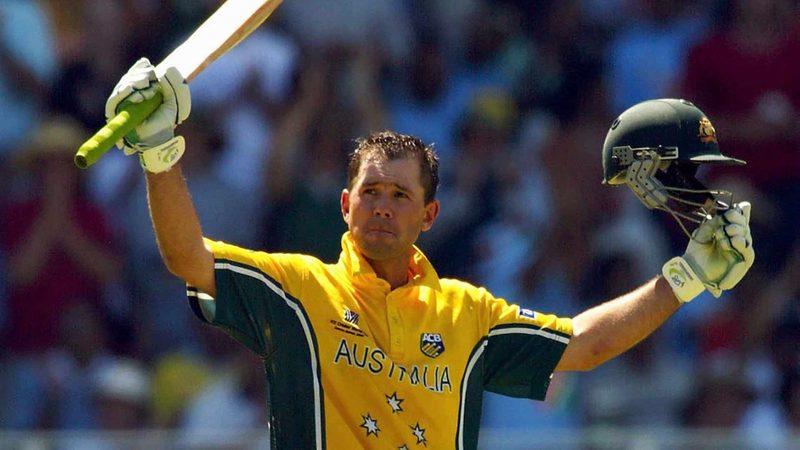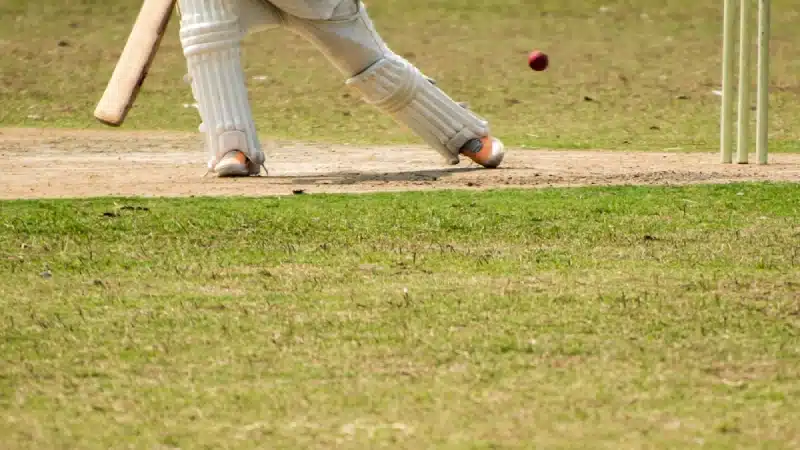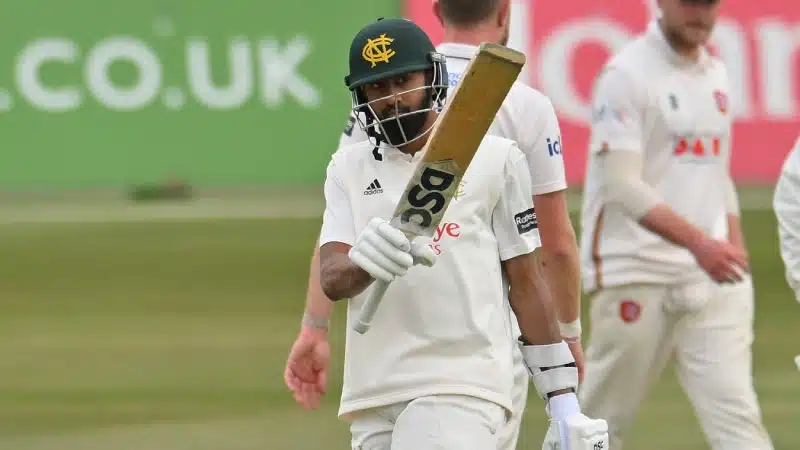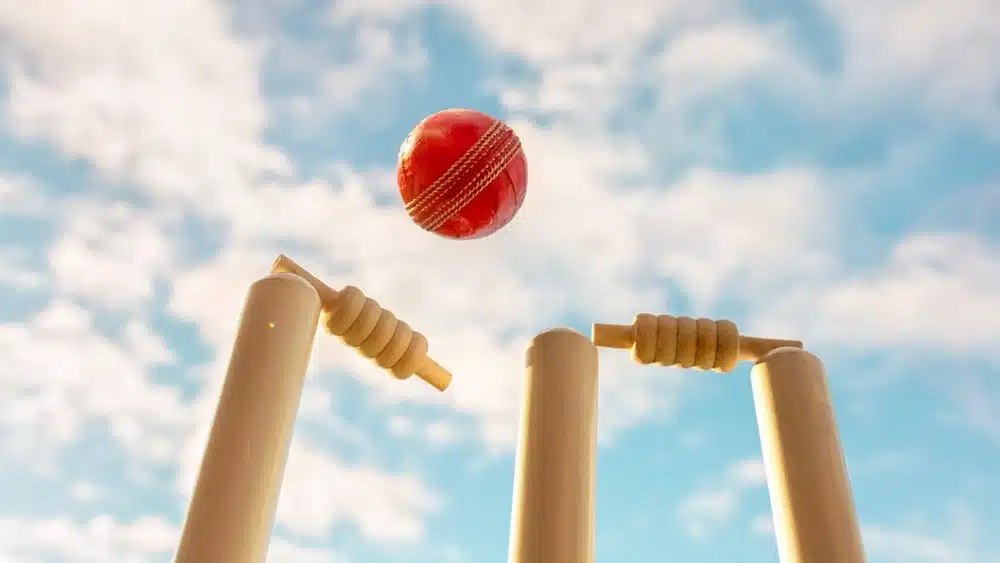
March 23, 2003, remains a doomsday in India’s cricket history. On a day when the defending champions, Australia hit the Indian bowlers across the park, nothing went right for Sourav Ganguly and his men. And a certain Ricky Ponting took full authority of rubbing salt to his opponent’s wounds.
Having docked in the same group, Australia had all the optimism coming into the fixture given how effortlessly they had brushed away India earlier in the tournament; bowling them out for mere 125.
The aura of being undisputed in the World Cup since their group stage defeat against Pakistan in 1999 was injected in every Aussie for the entirety of the tournament. So much was their dominance that they didn’t let any of their opponent to get past the 250-run mark, with Zimbabwe (246) coming the closest.
For India, the build-up of the tournament had more or less scripted their journey of the quest. While on a tour to New Zealand prior to the World Cup, the ‘star-studded’ Indian batting order had failed to score more than 219 runs in over 11 innings. And regardless of their result in the tournament, their inability of getting a grip against Australia was inevitable.
Coming into the fixture, Ganguly had won the toss and the nation’s hopes rested in his decision. “Sourav you’ve won the toss. What will you be doing?" Michael Holding asked the Indian captain. “We’ll have a bowl," echoed Ganguly’s voice amidst all the noise at the Wanderers Stadium in Johannesburg.
“Because it’s, it’s a bit damp… Uhhh, it’s because of the rain in the morning. We’ll have a go at this first," the Indian captain continued.
Ponting, standing right besides Ganguly, had known the Indian captain has wasted his final throw of the dice. When quipped if he had gone for a similar choice in an otherwise scenario, his response was subtle. “No, would’ve had a bat, actually. It’s always nice to bat in big games, in a final; I think so we would’ve had a bat."
The nervousness in the Indian camp was viable and Australia, who were playing their third consecutive World Cup final, couldn’t have asked for a better start. The opening pair of Adam Gilchrist and Matthew Hayden stood their ground for 105 runs, and the duo’s dismissal in the 20th over paved way for another run galore. Ponting and Damien Martyn joined hands the duo went on to become inseparable for the Indian bowlers till the very end.

For Ponting, he was taking his time to settle while Martyn completed his half-century off just 46 deliveries. It took the Aussie captain as many as 74 deliveries to reach the 50-run mark and until that very moment, he had hit just one boundary.
Once the mark was reached, Ponting decided to let the flood gates open in the 39th over – the same over in which he completed his half-century - and went on to smash two consecutive sixes. And while it took him more than eight overs to reach his half-century, he played no more than 29 balls to go from 50 to 100, and 17 to yield 140. All of his eight sixes came in the final 11 overs and Ponting went on to play an unbeaten 234-run partnership (the then World Cup final record) with Martyn; 55 of which came in the final over.
Ponting had registered/bettered several records on the day. For the starter, his eight sixes in the game was the most by any batsman in a World Cup final. The tally was eventually equalled by his teammate, Adam Gilchrist in the subsequent World Cup. Furthermore, his unbeaten 140 was only the fourth century in a World Cup final, also the highest individual score until Gilchrist’s 149 against Sri Lanka in the 2007 World Cup final took over the mantle.
In the midst of Ponting’s hellfire, Damien Martyn’s unbeaten 88 off 84 deliveries went into the shadow despite the fact that he was playing with a broken thumb.
Meanwhile, India were left chasing their World Cup dream like a mad dog after Glenn McGrath sent Sachin Tendulkar back into the stands in as early as the first over. An equally bowling performance was in vain as Australia defended their title by dismissing Indian at 234, winning the game by 125 runs.




















